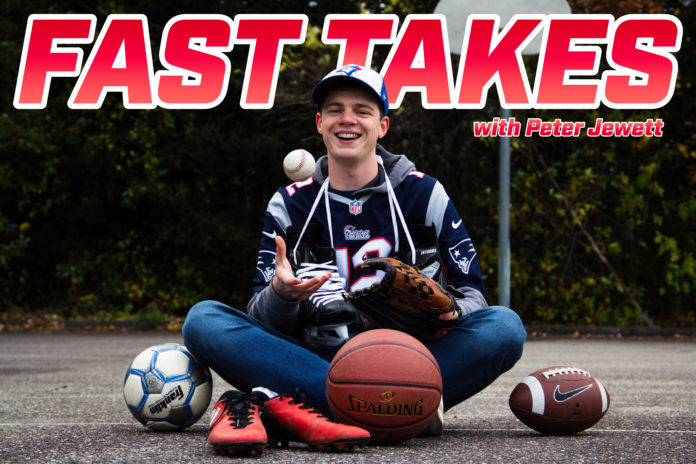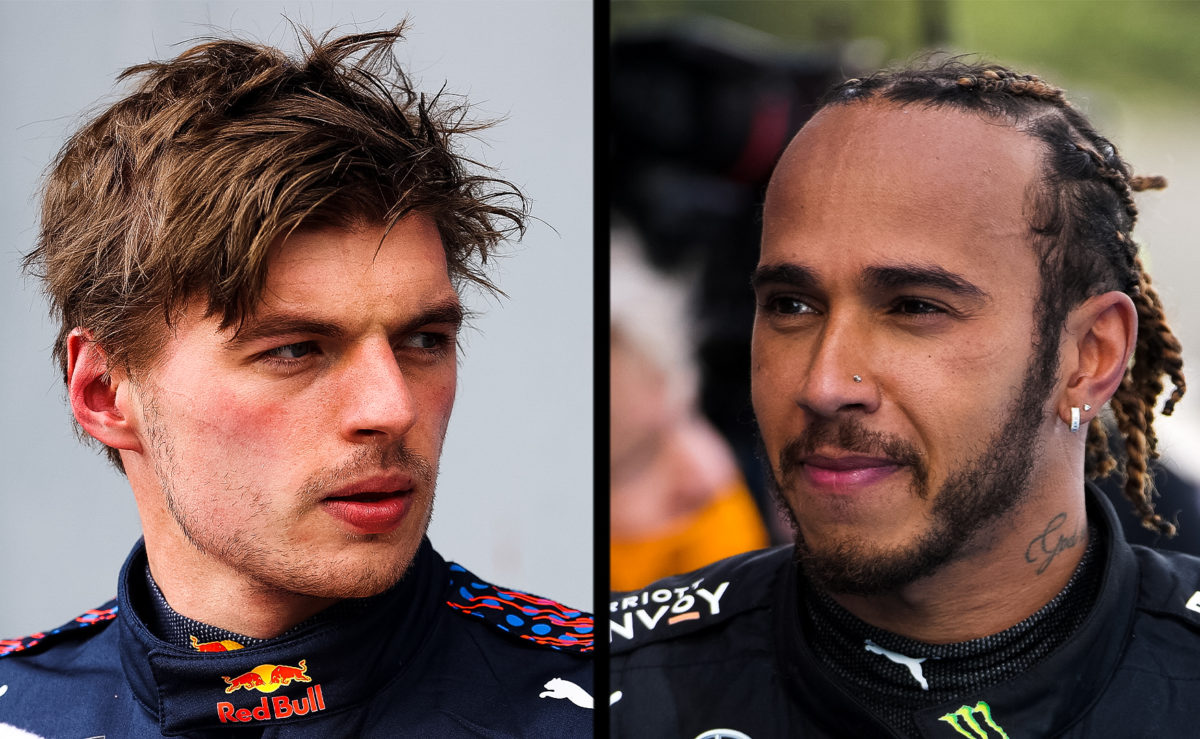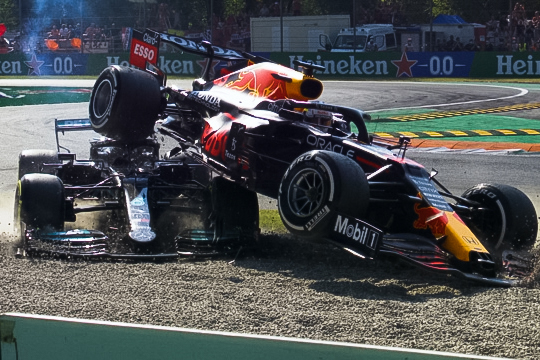

What do more than 70 years of history, a worldwide spectacle, Shaquille O’Neal, Megan Thee Stallion and powerful, iconic brands and families have in common?
No, it’s not the celebrity illuminati. It’s Formula 1: The king of all motorsport.
I’m almost certain you’ve heard about F1. But maybe you’re thinking, “it’s just driving, how is that a sport? What kind of skill and athleticism does that take?”
These are all valid questions. I, too, would have said the same things before being dragged – albeit entirely willingly – into the wide world of Formula 1 racing in the last six months.
I quickly found myself buying a subscription to watch the races on replay and spending way too much money on import fees for McLaren t-shirts from Europe.
A brief introduction to the adrenaline factor that F1 brings:
Cars have an average speed of nearly 200 km/h and can reach up to 350 km/h in certain situations. When cornering, drivers experience up to six times the pressure that is normal from gravity. These circumstances require split-second decisions and the fastest of reflexes.
To do all of that, you can’t be an average person. Driving a Formula 1 car pushes the limits of the human body.
How the season works
This season, there are 10 F1 teams, each with two drivers. Every race begins with the 20 cars ordered based on who completed the fastest lap time in qualifying, usually the day before the race.
Then comes the race! Although it depends on track conditions, a race usually lasts for an hour and a half. Points go to the top 10 finishers after every race: 25 points for first place all the way down to one point for tenth.
At the end of the season, the drivers’ championship is awarded to the individual driver who has the most points and the constructors’ championship goes to the team who has the most combined points between its two drivers.
That’s one of the most unique things about F1. You can be teammates when it comes to the constructors’ championship, but rivals when it comes to the drivers’ championship. That kind of dynamic between teammates can’t be found elsewhere.
2021 season

There are two races remaining this season: the Saudi Arabian Grand Prix and the Abu Dhabi Grand Prix. As it stands, a mere eight points separate the two drivers’ championship contenders, Max Verstappen and Lewis Hamilton.
Hamilton’s name is synonymous with Formula 1. He’s one of two people with a legitimate argument for the greatest of all time in F1. He already has the most career race wins by far and he’s driving for a record-breaking eighth career drivers’ championship.
Then there’s Verstappen, an up-and-coming star who is not-so-patiently waiting for his turn as world champion. He’s a generational talent and one of the most aggressive drivers you will ever witness.
The drivers’ championship hasn’t been this close since 2016, and you’d have to go all the way back to 2010 for a constructors’ championship as tight as this year.
Most people who follow F1 are more excited about the drivers’ championship. Who will win this season? It’s by no means decided.
Verstappen and Hamilton pushed each other’s limits this season – colliding several times and battling it out closely on track seemingly every race.
You’re guaranteed to get a massive thrill if you tune in for the last two races of the season. Hamilton and Verstappen have been on the podium for 14 and 16 races this season, respectively. The next closest is Hamilton’s Mercedes teammate Valtteri Bottas with 10 podiums and then Verstappen’s Red Bull teammate Sergio Pérez with five. They are a head and shoulders better than the 18 other drivers – even better than their teammates in the same cars.


So what’s the big deal with Formula 1?
Simple: It’s supremely entertaining.
Anybody can enjoy F1. You can simply appreciate the beautiful scenery and architecture at a track like Monaco. You can root hard for your favourite driver or team and learn about the intricacies as you go (like me.) Or, if you have a PhD in aerospace engineering (not like me,) you can admire the thousands of hours of wind tunnel work and carbon fibre engineering that teams go through in order to build the fastest car possible!
Whether you dive in as deep as I have, or you only tune in for the Sunday races and nothing else, you won’t be disappointed. This one is going down to the wire.
